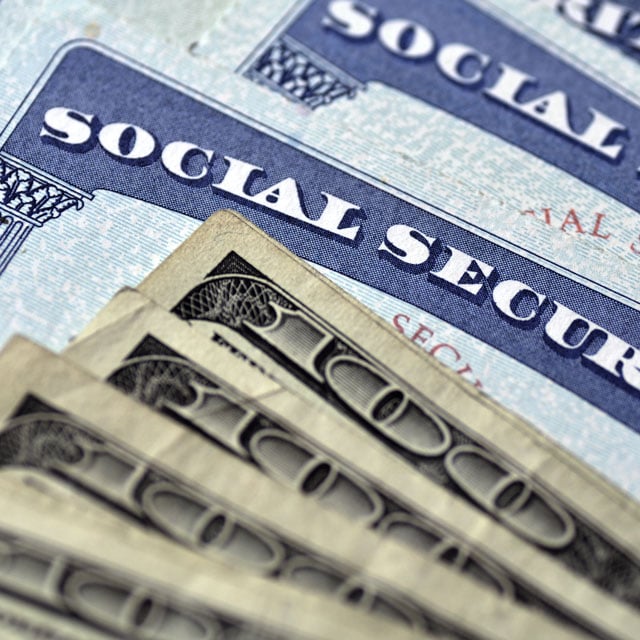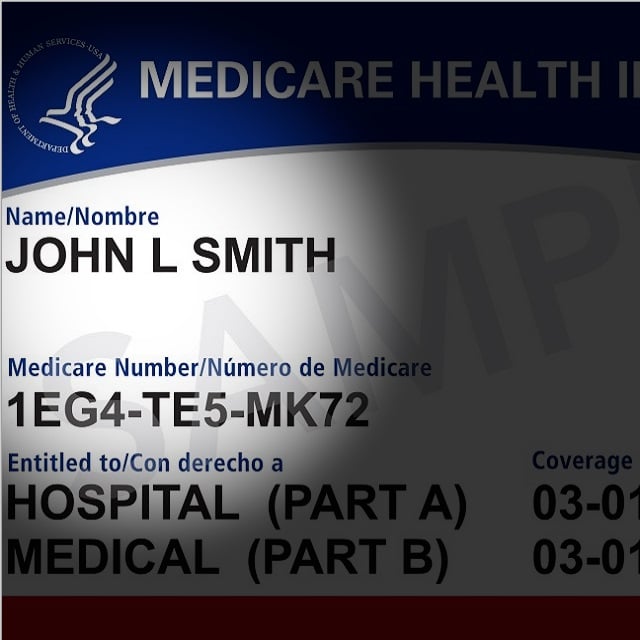Falcon
NOT FOR REPRINT
Feds Might Pay 110% of Medicare Rate for Covid-19 Telehealth Care: Official
By
Allison Bell
Sponsored by coronavirus
Share & Print
The official in charge of the Covid-19 pneumonia response at the U.S. Department of Health and Human Services (HHS) says HHS could arrange new ways to pay telehealth providers for help with reducing outbreak-related strain on the U.S. health care system. Dr. Robert Kadlec, the HHS assistant secretary for preparedness and response, talked about provider reimbursement, briefly, Tuesday, during a hearing the Senate Health, Education, Labor and Pensions (HELP) Committee organized to look at how the federal government is responding to the outbreak.
Resources
- Links to hearing resources, including a video recording of the hearing, are available here.
- Links to Stafford Act resources are available here.
- An article about Missouri's Covid-19 bulletin for health insurers is available here.
NOT FOR REPRINT
© 2025 ALM Global, LLC, All Rights Reserved. Request academic re-use from www.copyright.com. All other uses, submit a request to [email protected]. For more information visit Asset & Logo Licensing.
Featured Resources
View All
Sponsored by Illinois Mutual Life Insurance Company
4 Reasons To Sell Simplified Issue Disability Income Insurance (SIDI)

Sponsored by Illinois Mutual Life Insurance Company
Simplified Issue Disability Income Insurance (SIDI): A Smarter Way to Sell and Protect







